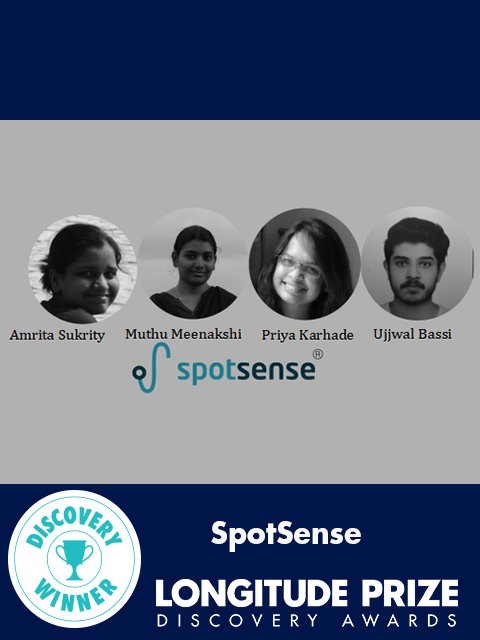This team successfully won a Discovery Award seed-funding grant to help further develop their ideas for their Longitude Prize application and create a diagnostic test that helps solve the problem of global antibiotic resistance. Below we have asked them to explain their test and motivation for applying.
Please explain your test.
We are creating a rapid, non-invasive and point-of-care (POC) test for diagnosing neonatal sepsis, assessing its severity and guiding antimicrobial therapy. Our product is like a thermometer which can also be used for testing for other severe infections in very small babies. Most of the time, we use blood samples to detect for any severe infections, but we are also using sputum.
Please share a more detailed description of this work from a medical professional’s perspective.
Our solution is a simple-to-use, low-cost and intuitive tool for non-invasive diagnosis and monitoring of sepsis in newborns. We are trying to make evidence-based therapy decisions more common in these cases. The device can be utilized by healthcare professionals, such as nurses and midwives, without the need of a pathology lab. The proposed solution tests for levels of biomarkers for sepsis in neonatal saliva and then uses an algorithm to calculate a normalised score for sepsis. The biomarker panel includes, but is not limited to acute phase proteins and IL-8. The utility of these biomarkers in sepsis diagnosis has already been demonstrated. Our solution not only diagnoses sepsis, but also provides a sepsis score which can be used for evaluating improvement and disease progression.
Why did you apply and what will the Discovery Award funding be used for in your work?
We have already done initial prototypes and want conduct validation using our device to establish the utility of our scoring algorithm. The Discovery Award funding will go for doing these validations. We are aiming to do a large scale validation of more than 400 people in the sample to get the predictive values of our algorithm.
What difference will your work make in the long term with regards to antimicrobial diagnostics?
With our device we aim to make evidence-based therapy a norm in neonatalogy. Medical practitioners end up administering antibiotics to newborns in their communities based on risk scores. We want to give them easy tools for diagnostics so antibiotics aren’t given empirically.
Who is on your team?
Amrita Sukrity: Founder, CEO
Priya Karhade: Instrumentation Engg
Muthu Meenakshi: Biochemist
Ujjwal Bassi: Developer
If you are interested in collaborating with this team, please email us.

